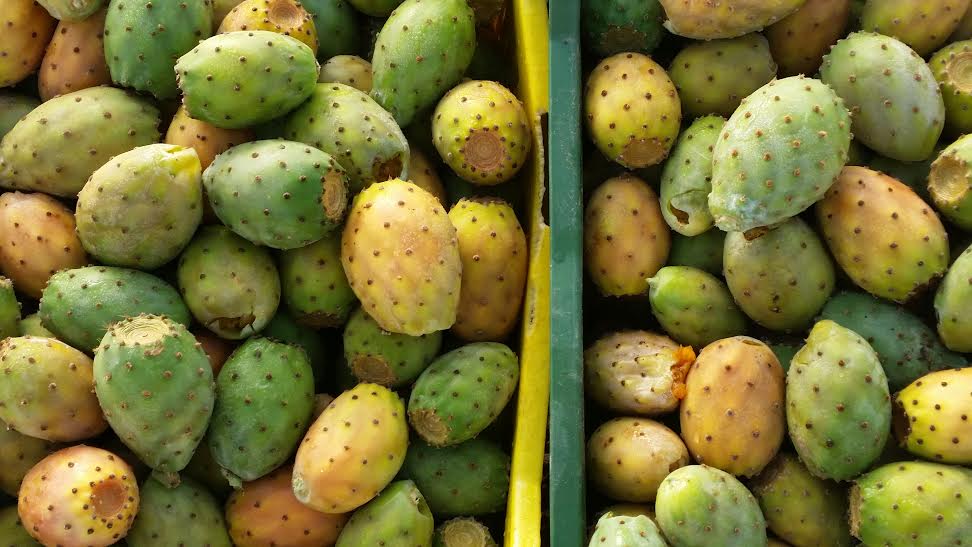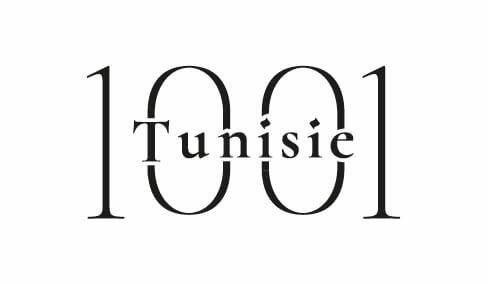
Hindi Zelfène ya Wakkel! Who has not heard at least once this sentence in a market, at a greengrocer or even read Zelfène on a sign in a supermarket informing him of the fruit production area? You understood, Zelfène is the capital – symbol of the production of the country’s prickly pear. A highly appreciated Tunisian fruit as call it ” Sultan El Gualla” literally the king of fruit.
Zelfène is a town of Kasserine governorate second largest in terms of area after Tataouine. The region is home to 1/3 of the country’s forests, 75% of its archaeological monuments and remains the heart of Tunisia Berber. With important cities and ancient cities like Thala, and Haidra Sbeitla, Kasserine has all the assets to become a leading cultural destination waiting to be valued. Here, besides the prickly pears, apples are appreciated Sbiba and exceptional lamb Kasserine, which feeds thyme and rosemary and whose flesh is one of the best in the world!
Going back to the prickly pears, they are harvested between August and October and the life of the region revolves around when this fruit and its “business”. On the roads crossing trucks full of boxes of fruit is daily. In the countryside, “Hindi” is sold at Kg in plastic bags or in boxes by women and children. Sometimes it happens that we meet the whole family on a small local market or on the roadside or in the shade of a tree to sell the harvest of the day.

But do not be fooled, the fig is difficult to pick because of its thorns. That’s why vendors typically offer to peel the fruit at the sale with the help of a knife

Once peeled, prickly fig is a very sweet fruit whose flesh is grainy, containing small black seeds.
Depending on the variety, fruits and colors vary from red to white and yellow to orange. In Tunisia, excellent jam and delicious molasses are produced from the fruit. Recently, producers produce oil from prickly pear seed, the nopal powder, dried fruit, snowshoes, etc.
The prickly pear provides vitamin C, minerals and trace elements. Its fiber content is high, and low calorie intake. The fig fruit is used as an anti-inflammatory, antiviral, antibacterial, antioxidant (stress), anti-ulcer, diabetes (type 2 diabetes), wrinkle (contains vitamin E), anti-cancer. Healing, the fig is also grown in Morocco, Sicily and Spain, lowers cholesterol and obesity. Cold pressed, prickly pear seed oil is a powerful anti-aging. It is an oil that erases wrinkles and dark circles. It treats skin rashes such as psoriasis, eczema, acne and utopia.

The prickly pear is a fruit grown in several regions of Tunisia namely Kairouan, North and Cap Bon.
Tunisia contains 600,000 hectares of cactus. In Kasserine, this crop covers 83,000 hectares of which 25,000 are located in the only area of Zelfene and annually produces 100,000 tons of fruits.The cactus plays an important role in the fight against soil erosion and desertification.
Amel DJAIT

 َAbonnez-vous
َAbonnez-vous

